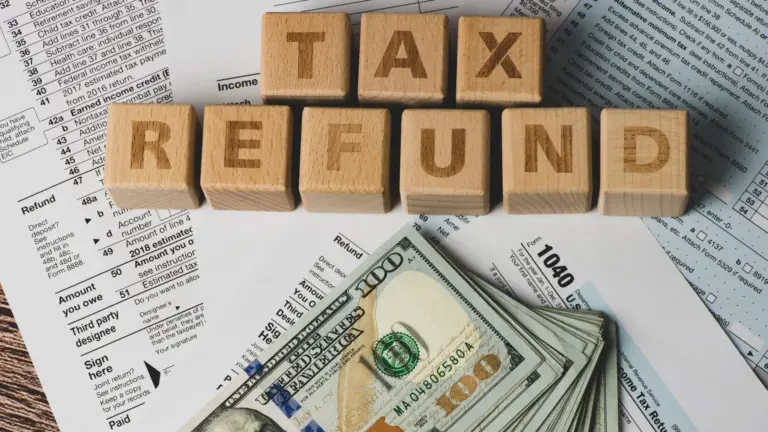Nigeria’s path to stronger economic growth doesn’t necessarily lie in raising taxes—but in making the tax system smarter, more transparent, and more rewarding. A major opportunity lies in reimagining how tax incentives and refunds are handled, creating a fairer system that encourages voluntary participation.
Despite being Africa’s largest economy, Nigeria’s tax-to-GDP ratio is only 10.6 percent. That means out of every ₦100 the country earns, less than ₦11 comes from taxes. By comparison, South Africa collects 28 percent and Kenya 16 percent. These figures underscore Nigeria’s untapped potential in revenue generation—especially outside the oil sector.
Encouragingly, the government aims to increase the tax-to-GDP ratio to 18 percent by 2025, surpassing the continent’s average of 16.5 percent. But to do so, reforms must focus on inclusion, fairness, and building public trust.
A Tax System That Works for Everyone
The goal of taxation is not to burden people but to create a shared sense of responsibility for national development. When citizens and businesses both contribute, it becomes easier for the government to fund roads, schools, hospitals, and other essentials—without resorting to excessive borrowing.
Unfortunately, many Nigerians remain hesitant about the tax system. Some don’t see direct benefits from paying taxes. Others encounter delays or complications when applying for refunds, leading to skepticism and disengagement.
What’s needed is a tax system that rewards compliance, not punishes effort.
Incentives That Encourage Compliance
Tax incentives—such as credits for investments in education, healthcare, or infrastructure—can motivate individuals and businesses to comply voluntarily. While Nigeria already offers some of these incentives, many taxpayers are unaware they exist.
Improving awareness through education campaigns and simplifying access to incentives could go a long way in increasing participation.
Other countries offer useful models: South Korea and Singapore have successfully used targeted tax incentives and swift refund systems to increase compliance without raising tax rates. The UK and Canada have also earned taxpayer trust through transparent and efficient refund processes. Nigeria can adopt similar practices tailored to its context.
Building Confidence Through Efficient Refunds
When taxpayers know they can easily claim legitimate refunds—and actually receive them promptly—they are more likely to trust the system. Refund reliability signals a responsive and fair government.
The Federal Inland Revenue Service (FIRS) is making progress with reforms that aim to widen the tax base and improve transparency. Bringing the informal sector into the formal economy and digitizing tax processes are steps in the right direction. However, greater gains will come if citizens see the system work fairly in practice—particularly when seeking refunds or applying for incentives.
A Shared Vision for Sustainable Prosperity
Nigeria’s tax system should empower citizens, not frustrate them. By focusing on fairness, clarity, and accountability, the government can strengthen public confidence and reduce dependency on debt.
When taxpayers witness their contributions translating into visible improvements—better roads, functioning schools, accessible healthcare—they become more willing participants in the nation’s progress.
Let’s build a new tax culture grounded in trust, inclusivity, and transparency. It’s not just about collecting more—it’s about doing more with what we collect, together.


